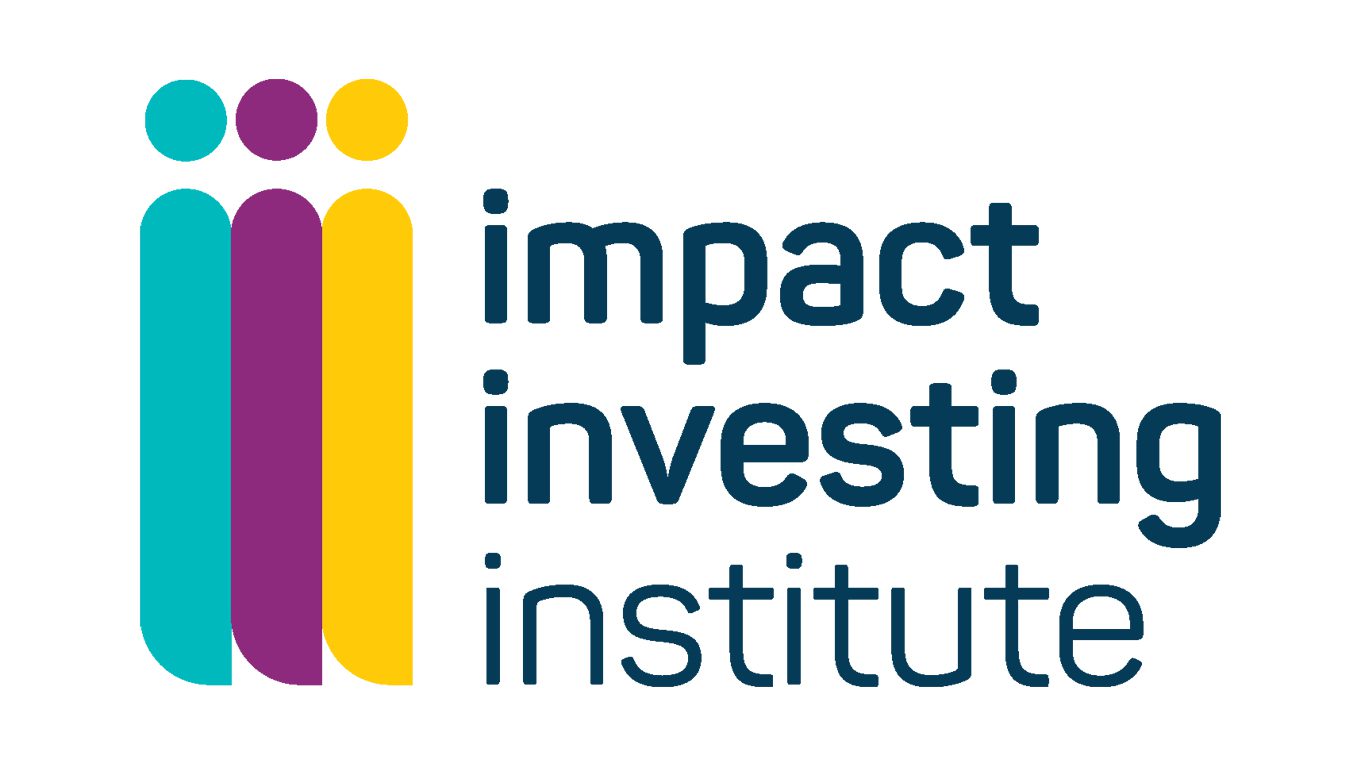Comparing different companies’ ESG credentials is akin to comparing apples and pears. But efforts are being made to find the right tools to collect sufficient data and achieve a standard methodology, as Silvia Pavoni reports.
With your sustainability hat on, which company would you rather invest in: Tesla or PepsiCo? The CEO of the UK’s newly launched Impact Investing Institute, Sarah Gordon, recalls how this question made her pause some time ago.
While the smart electric carmaker embodies innovation and the ideal of a greener future like few others do, its shareholders have remained unsatisfied by its ongoing governance issues. On the other hand, the multinational corporation selling sugary drinks to the world has a recognised plan to replenish water supplies consumed by its manufacturing plants in high-risk areas, as well as clear targets to reduce the use of virgin plastic in its products and the overall greenhouse gas emissions in its whole value chain.
Without granular information, it is hard to make a rational choice. This is relevant not only for investors but for banks too – their shareholders also increasingly look at environmental, social and governance (ESG) factors. In most cases, they have also set themselves targets to manage their operations and clients more responsibly.
MORE DATA AVAILABLE
On the bright side, data availability is growing, as shown by the number of companies providing such information through various products – 56 organisations and 124 products, according to analyst Environmental Finance – and in the size of the ESG data market, which consultancy Opimas expects to balloon to $745m in 2020 from its significantly smaller $200m base in 2014. The International Institute of Finance noted such growth in a December report.
The ESG data market is guided by a rising appetite for responsible investment products and, in turn, ESG data may help the development of new banking products. If the green bond market is currently valued at $1000bn, the responsible investment market was already 30 times larger in 2018 and rising, according to Opimas. This suggests ample room for growth for new investment banking and private banking products.
Rational decisions, however, need solid tools to analyse the available data. Here things get more complicated. Although rising in numbers, the data universes currently available and provided by the many suppliers are heterogeneous. An index based on ESG data by, say, Standard & Poor’s may not necessarily be comparable to one from MSCI. Methodologies vary between the different providers.
There are efforts to converge towards fewer standards and uniform definitions, which are led by both the financial sector and by regulators. These should aim at offering comparable data without overly narrowing the scope of ESG research. The concept of materiality – the degree of relevance of certain factors across sectors – is set to guide these efforts.
CHECKING ESG CREDENTIALS
As Opimas points out: “A banking institution should not be evaluated on the same criteria as a car manufacturer.” But banks too, not just automakers, will likely continue to be scrutinised through an ESG lens like any other corporation, and by both shareholders and stakeholders. It is common to hear bankers comment on potential new recruits asking about their ESG credentials.
In the Tesla vs PepsiCo case, issues lie around how the different elements captured under the ESG umbrella interact with each other. What weight should each have to achieve an optimal outcome? And does the available data on both lend to a meaningful comparative analysis? The same could be applied in a comparison between banks. What data and methodology are better suited to an ESG comparative analysis of, say, Morgan Stanley and Santander, or between Standard Chartered and SMBC? How can we best rate efforts to become a more sustainable business? To answer these questions, initiatives by the financial community, large and small investors as well as policy-makers and organisations such as the one led by Ms Gordon abound. And that is positive. Let’s begin 2020 with a touch of optimism.
This is a monthly column focusing on ESG principles and how they are reshaping banking, markets and investment. We would like to hear your views on sustainable finance, how it is changing your organisation, your work and your incentives structure. Contact silvia.pavoni@ft.com and, on Twitter, @Silvia_Pavoni

